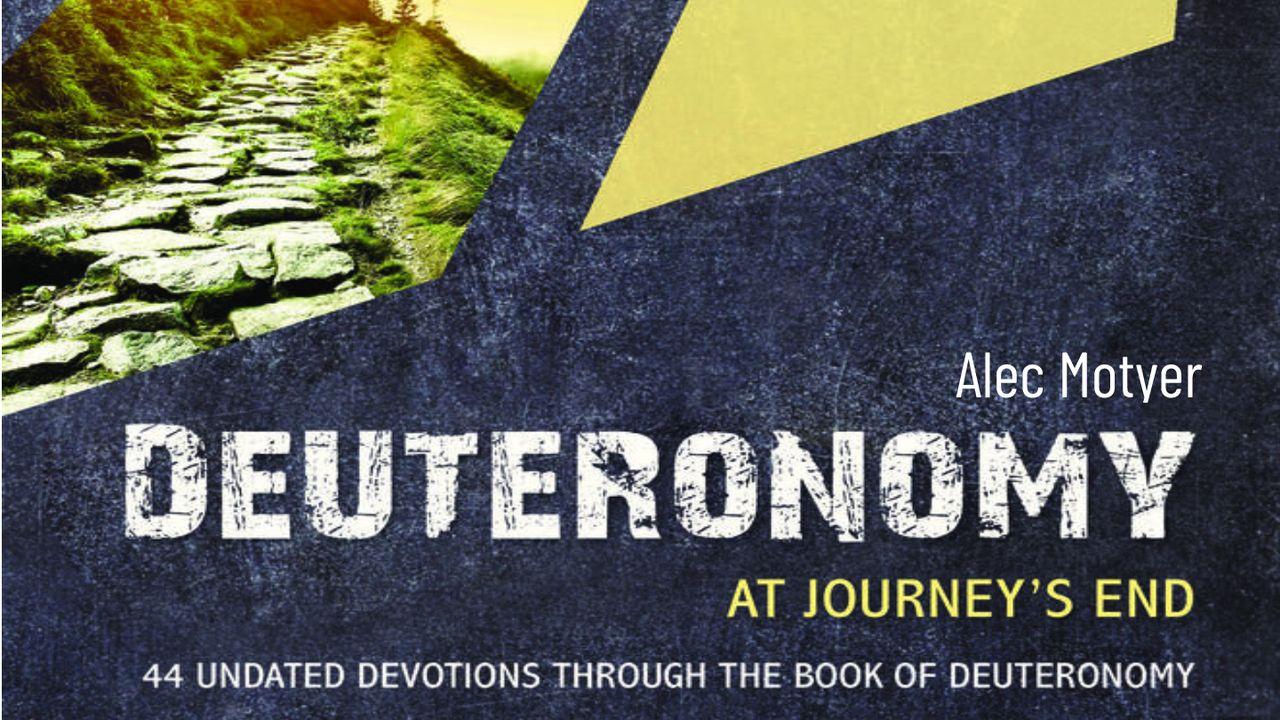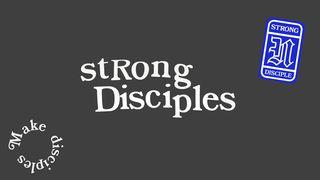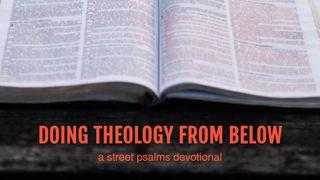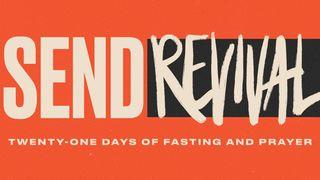Deuteronomy: At Journey's Endਨਮੂਨਾ

Blight
Today’s passage makes grim reading, but brings a message that must not be overlooked. It spells out in detail what other Bible writers, so to say, sketch in. Note the significant ‘therefore’ in Amos 3:2 – the privilege of being known by the Lord brings the inevitability of punishment. To whom much is given, from him much will be required (Luke 12:48). Leviticus 26:25 uses the telling phase ‘to avenge the breaking of the covenant’ – an inbuilt reaction to disobedience within God’s gracious relationship with his people. The verses in Deuteronomy 28 leave no stone unturned to bring this message home to us.
Disobedience (v. 15) casts a blight over the whole of life. Verses 16–19 show the contrast with the life of obedience and blessing (28:4–6). Verses 20–24 are a chorus of punishment until Israel is destroyed or perishes (vv. 20, 21, 22, 24) – disobedience is a total destroyer (vv. 23–24, cf. vv. 38–42). This brings up the question of environmental consequences. Biblically speaking, the creation is always on the side of the Creator, and reflects the relationship of sinners to the holy God. Hence, for example, in Genesis 3:17–19, the ‘thorns and thistles’ and the increased problems of extracting a living from the soil. This is seen even more violently in Leviticus 18:25. Deuteronomy 28:27– 35 are bracketed by a reference to boils and the caution about diseases that cannot be healed, and in the middle is a cloud of frustration, disaster and disappointment that overshadows the disobedient.
Just as we noted yesterday that there is a symbolic relationship between the Lord and his word, so that rejecting it is rejecting him, so there is a symbolic relationship between the Lord’s people and his word, so that when we allow our lives to become out of kilter with the word of God, we are automatically out of sorts with the Lord himself and his mercies. Just as obedience is a means of grace, so disobedience is a means of blight. Biblically, it is far more serious to fall out of harmonious fellowship with God than it is to fall into the hands of Satan! Bringing forth the sour grapes of unrighteousness and disobedience lets the wild beasts in to trample the vineyard (Is. 5:1–7).
Reflection
If we please God, he will not leave us (John 8:29).
ਪਵਿੱਤਰ ਸ਼ਾਸਤਰ
About this Plan

In these daily undated devotions, Alec Motyer explores the timeless truths of Deuteronomy and applies them to our lives today. Just as the Israelites did, we can appreciate the wonder of God’s grace to us through repentance, experience His committed love for us, and learn more about walking in His ways.
More









